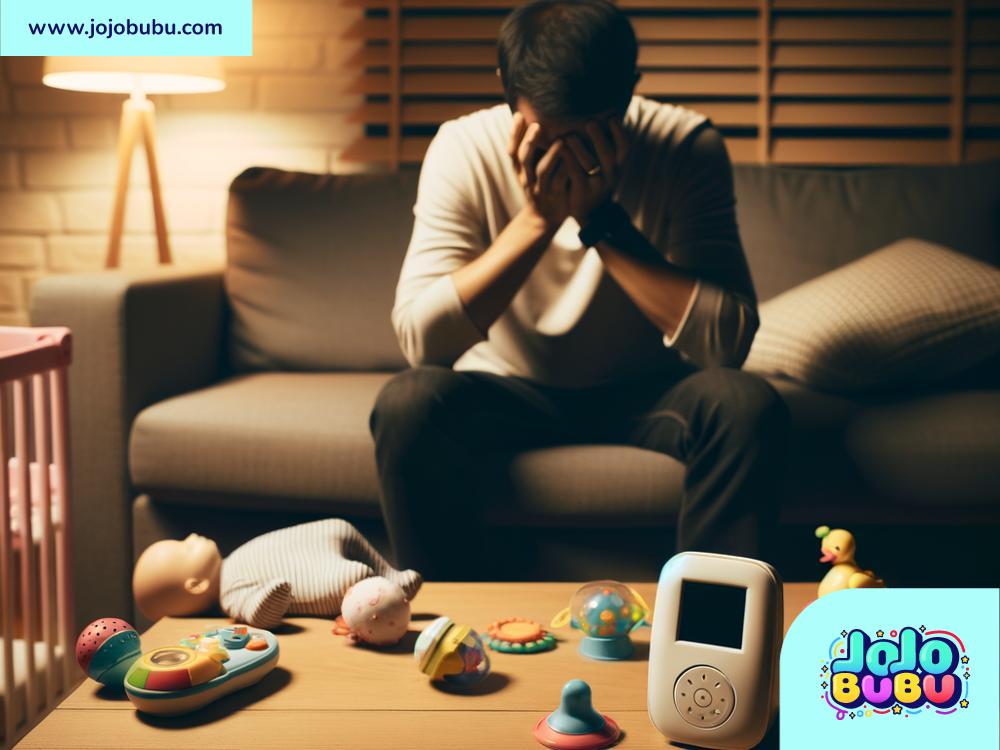Guilt and Shame in Parenting: How to Understand and Manage Them
Parenting can be one of the most rewarding experiences in life, but it can also be incredibly challenging. As parents, we often face situations where we feel like we’ve made a mistake or failed in some way. Two emotions that can frequently show up during these moments are guilt and shame. While these feelings are natural, understanding them and learning how to manage them is key to healthier parenting and family relationships.
What Are Guilt and Shame?
First, let’s clearly define guilt and shame because they are often confused. Guilt is the feeling we get when we believe we’ve done something wrong. It’s linked to our actions and behaviors—"I said something hurtful to my child," “I missed their school play,” or “I wasn’t patient enough today.” Guilt can motivate us to change our behavior and make amends, which can actually be a positive thing.
Shame, on the other hand, goes deeper. Shame isn’t just about our actions; it feels like there’s something wrong with us as a person. Instead of thinking, "I didn’t spend enough time with my child today," shame makes us believe "I’m a bad parent." Shame attacks our self-worth and can be much harder to deal with.
Both guilt and shame can impact parenting, but it’s crucial to recognize them and address how they influence our daily lives and decisions.
Why Do Parents Feel Guilt and Shame?
Almost every parent will feel guilt or shame at some point. These emotions often arise because we care deeply about our children and want the best for them, but life isn’t always perfect. Here are a few common reasons these feelings occur:
-
Comparing Ourselves to Others: It’s easy to feel guilty or ashamed when we compare ourselves to other parents, especially in the age of social media. Seeing pictures of families on vacation, children excelling in school, or parents who seem to have endless patience can make us feel inadequate.
-
Parenting Mistakes: No one is a perfect parent. We all sometimes lose our temper, forget important things, or unintentionally hurt our child’s feelings. These moments can lead to guilt.
-
Unrealistic Expectations: Society often pressures parents, especially mothers, to “do it all” and be flawless. From cooking perfect meals to juggling work, parenting, and self-care, it can feel impossible to keep up.
-
Past Experiences: Sometimes, guilt and shame carry over from our own childhood. If we were raised in an environment where mistakes were harshly judged, we might feel extra pressure to be perfect in our parenting.
-
Making Tough Decisions: Parenting involves complex choices—whether it’s about discipline methods, healthcare, or schooling—and it’s common to second-guess yourself later. Many parents ask themselves, "Did I make the right choice?"
How Guilt and Shame Impact Parenting
If guilt and shame build up and aren’t addressed, they can negatively affect both parents and children. Here are a few ways these emotions can influence parenting:
-
Emotional Stress: Constant guilt and shame can leave parents feeling drained, anxious, or even depressed. This stress can make it harder to be present and patient with our children.
-
Overcompensation: Some parents try to “make up” for their feelings of guilt by overcompensating. For example, they might spoil their child with gifts, avoid saying “no,” or shy away from discipline. While these actions come from a place of love, they can make parenting harder in the long run.
-
Disconnect: Shame can make parents withdraw or isolate themselves, believing they are unworthy. This disconnect can hurt their relationships with their children and partner.
How to Manage Guilt and Shame in Parenting
Thankfully, there are ways to navigate these emotions and reduce their impact. Here are some strategies:
-
Be Kind to Yourself: Parenting is hard work, and everyone makes mistakes. Remind yourself that you’re doing the best you can. It’s okay to be imperfect. Self-compassion can help you move past feelings of guilt and shame.
-
Separate Action from Identity: Remember that one mistake doesn’t define who you are. If you lose your temper or forget something important, it doesn’t mean you’re a bad parent—it means you’re human. Focus on the behavior and work to improve it, rather than letting shame attack your self-worth.
-
Talk About It: Sharing your feelings with a trusted friend, partner, or even a therapist can lighten the emotional load. You might be surprised how many other parents have felt the same way.
-
Change Your Inner Dialogue: Instead of allowing negative self-talk to take over, reframe your thoughts. For example, swap "I’m failing at everything" with "I made a mistake, but I’m learning and growing."
-
Focus on Growth: Parenting is a journey. Every mistake or less-than-perfect moment is an opportunity to learn something new. The best parents aren’t perfect; they are the ones who are willing to grow.
-
Let Go of Comparisons: Other parents’ lives might look perfect from the outside, but remember that every family faces challenges. Focus on what works for your family and stop worrying about keeping up with others.
-
Model Healthy Emotions: Your children watch how you handle emotions, including guilt and shame. By showing them that it’s okay to make mistakes and to apologize, you teach them valuable lessons about resilience and self-compassion.
Final Thoughts
Feeling guilt or shame doesn’t mean you’re a bad parent—it means you care deeply about raising your children well. These emotions are normal, but dwelling on them can harm both you and your family. By understanding the difference between guilt and shame, practicing self-compassion, and focusing on growth instead of perfection, you can move past these feelings and enjoy the many joys of parenting.
Parenting isn’t about being perfect; it’s about showing up, trying your best, and loving your children fiercely. When we let go of the burden of guilt and shame, we free ourselves to be the best parents we can be—not perfect, but present. And that’s what children need most.

